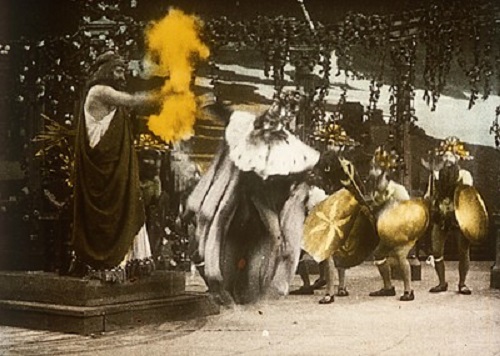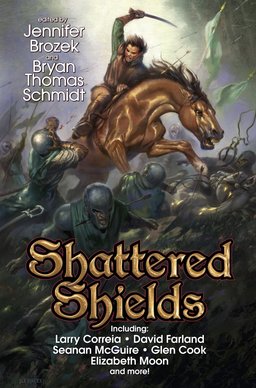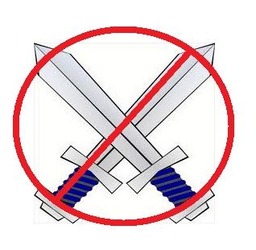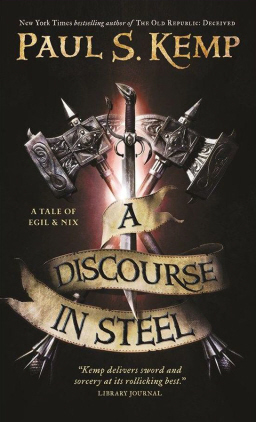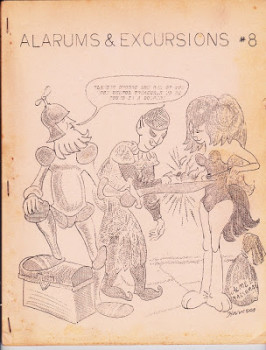 Despite what my post last week may have implied, I too have been culling my RPG collection. This isn’t driven so much by a concern about space – that’s what garages are for, after all – but utility. In the thirty-five years I’ve been involved in this hobby, I’ve accumulated a lot of games, but how many of them do I actually play with any regularity? Heck, how many of them do I play at all?
Despite what my post last week may have implied, I too have been culling my RPG collection. This isn’t driven so much by a concern about space – that’s what garages are for, after all – but utility. In the thirty-five years I’ve been involved in this hobby, I’ve accumulated a lot of games, but how many of them do I actually play with any regularity? Heck, how many of them do I play at all?
The answers to those questions are surprisingly short, as I’ve discussed before. Of course, I’m not so stonyhearted that I’d consign to the flames (or at least eBay) any RPG I hadn’t played in the last year or two. I’m a hopelessly sentimental guy who revels in nostalgia and youthful memories. That’s why I keep around Gamma World and Gangbusters, neither of which I’ve played in decades. I used to play these games with great regularity and I hold out hope that I will get to do so again (plans are afoot for a new Gamma World campaign later this month!). But Blue Planet or Spycraft or even D&D settings like Planescape or Dark Sun? Nah.
Overall, then, my RPG collection is growing smaller, though I prefer to think of it as growing more “focused.” That said, its size isn’t wholly on a downward trend. That’s because, while I’m buying very few new games, I’m continuing – even increasing – my purchase of RPG fanzines.
When I was a kid, gaming fanzines weren’t on my radar. I read Dragon and, later, White Dwarf, and was vaguely aware of Different Worlds, but all three of those were professional magazines produced by game companies rather than photocopied (or “Xeroxed,” as we said back in the day) pages lovingly stapled together in someone’s basement and then sent through the mail. I dimly recall hearing about Alarums & Excursions, probably from one of the older guys who hung around the hobby shop, though, as they would have been quick to point out, A&E is an amateur press association, not a ‘zine, a distinction that’s still somewhat obscure to me even today.
Regardless, fanzines played a vital role in the early days of the hobby, disseminating not only news and reviews, but also ideas derived from what players and referees were actually doing with RPGs at the time. Reading them, one could see the myriad ways that roleplaying games were being interpreted and expanded upon, which in turn sometimes gave birth to whole new games and approaches to gaming, something that, even now, sets them apart from the slicker, better produced “pro ‘zines” that followed in their wake.
…
Read More Read More
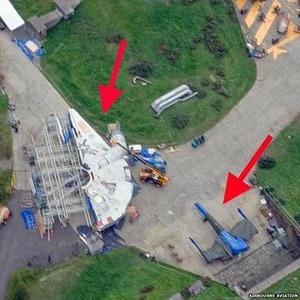 Where Star Wars is concerned, even a goth chick can go fan-girl.
Where Star Wars is concerned, even a goth chick can go fan-girl.